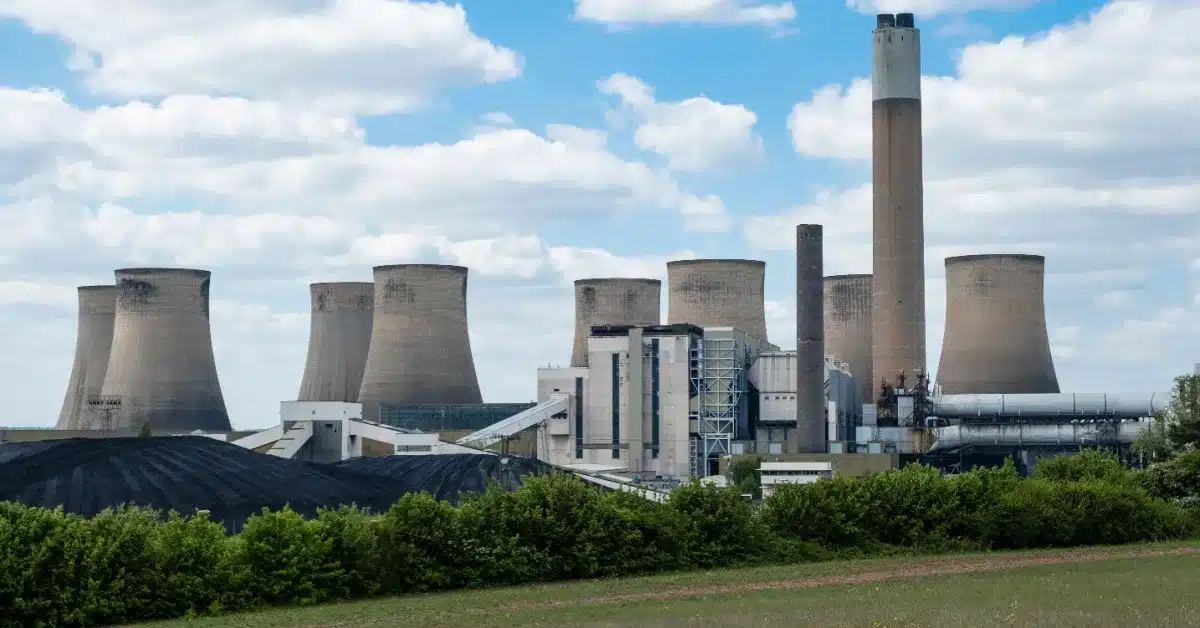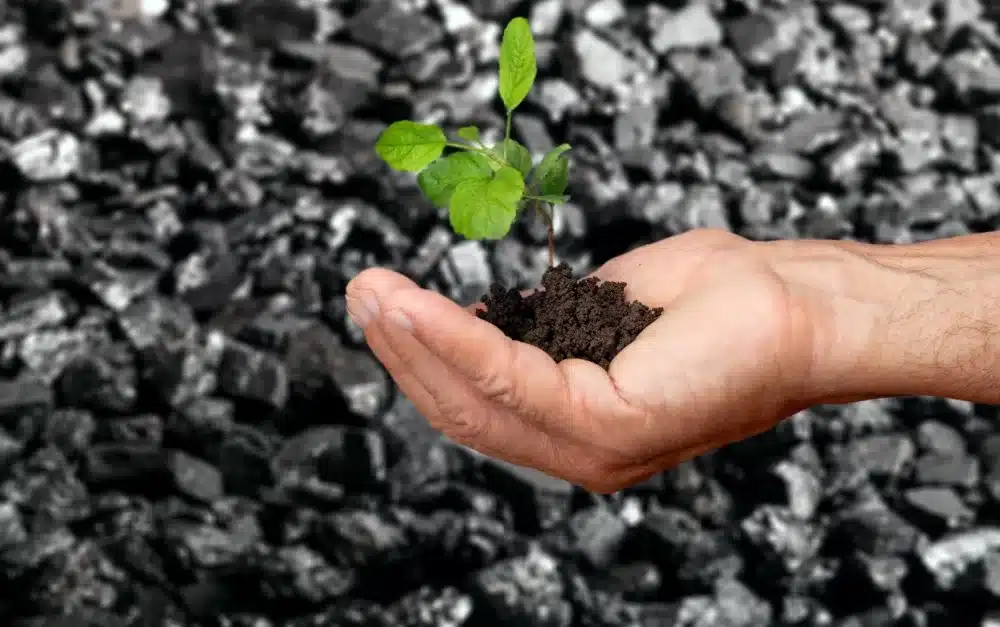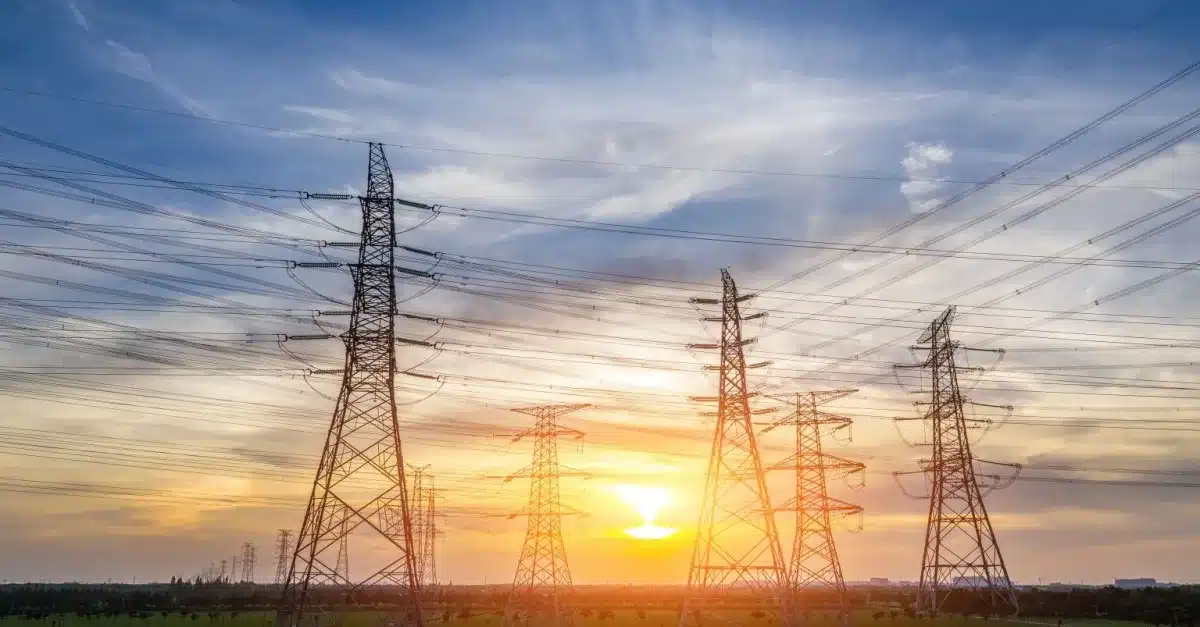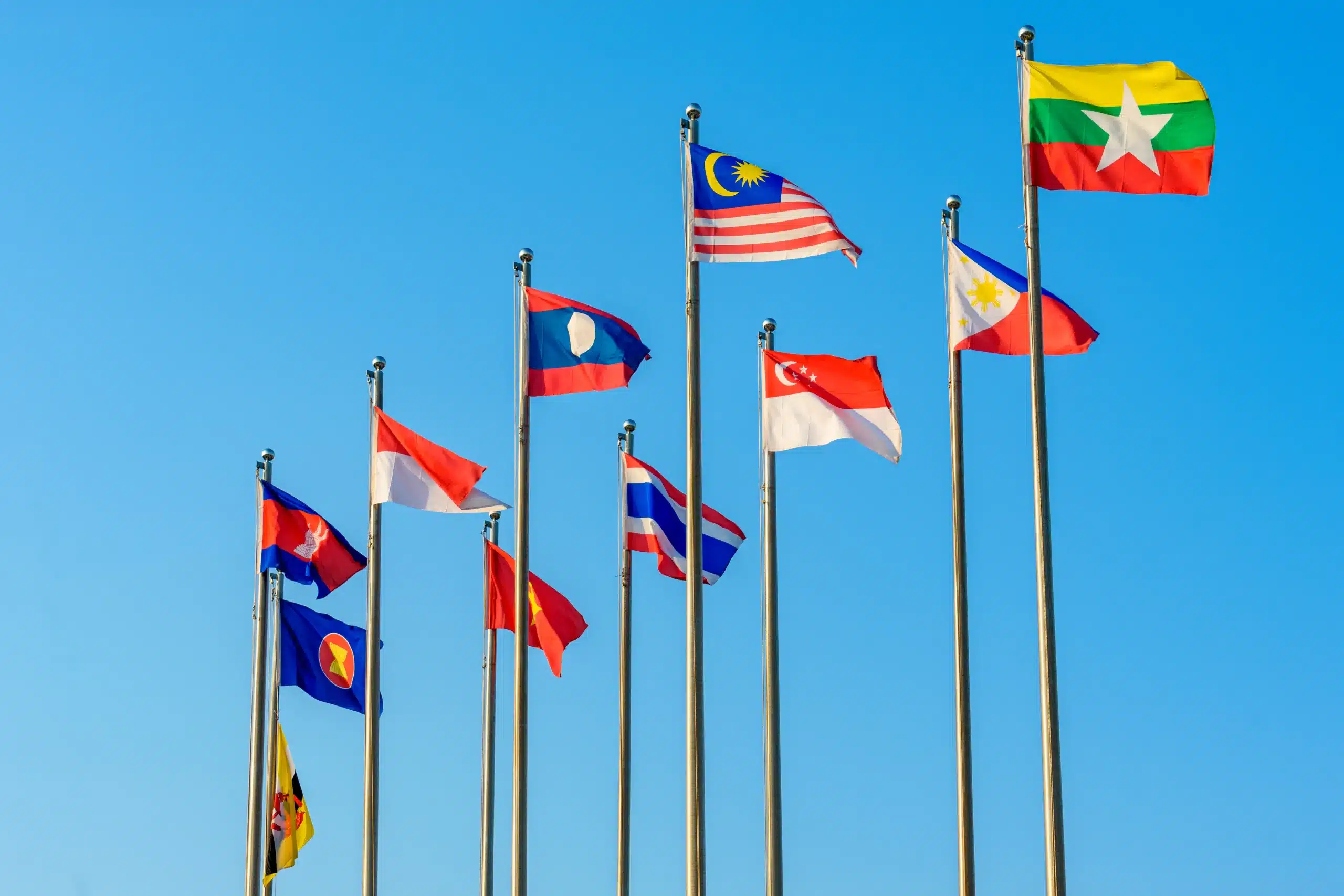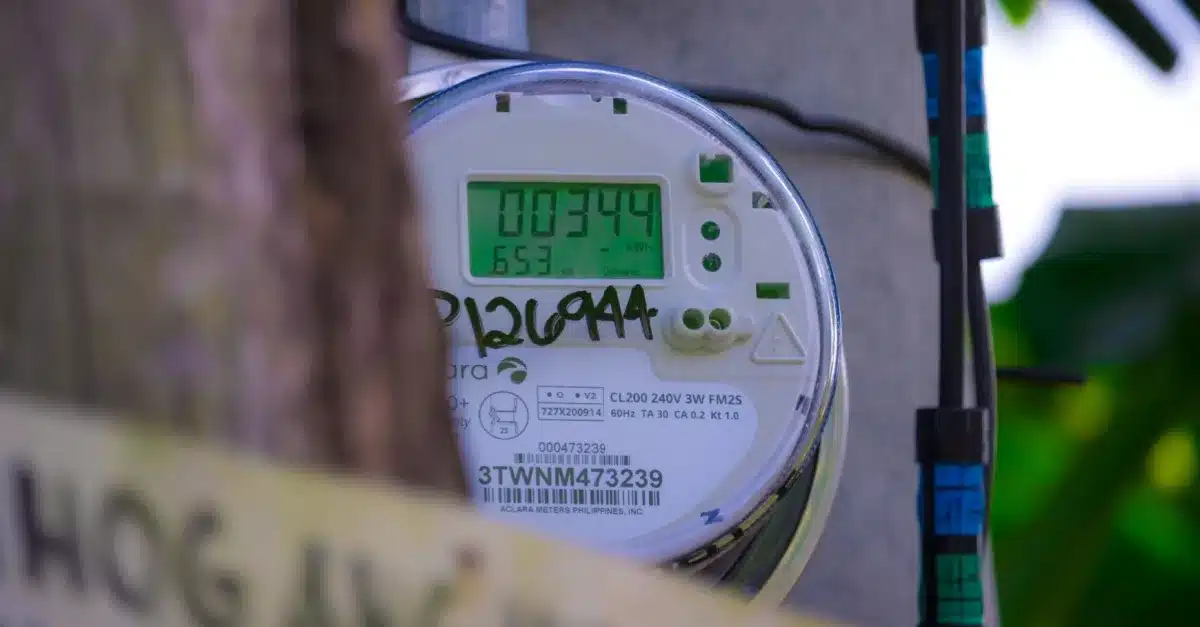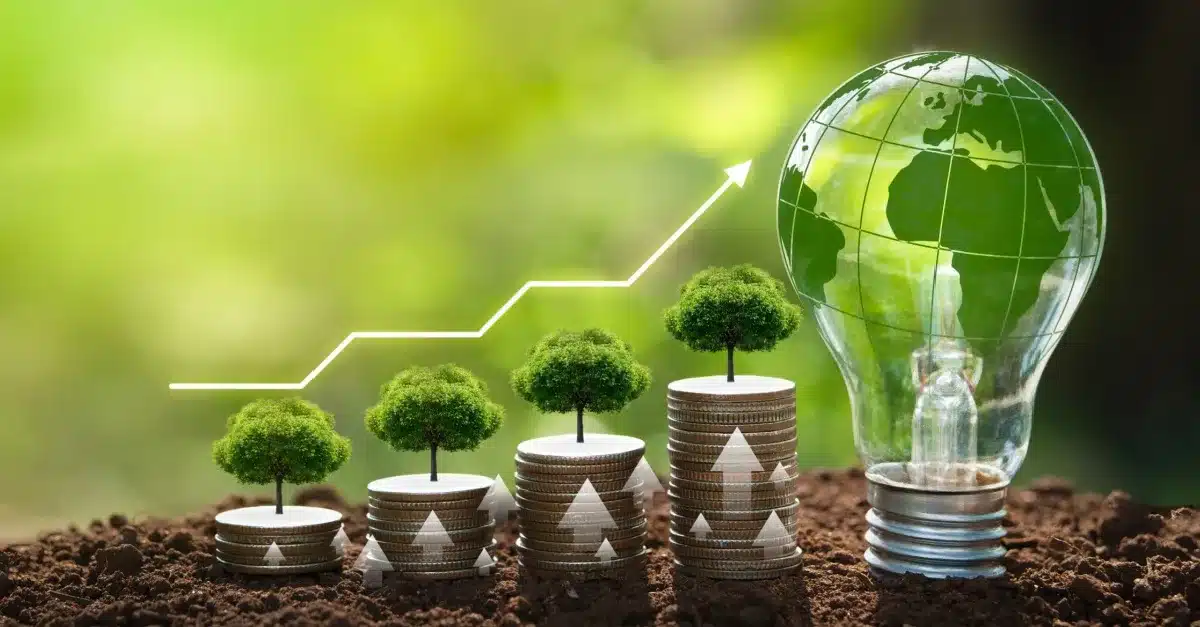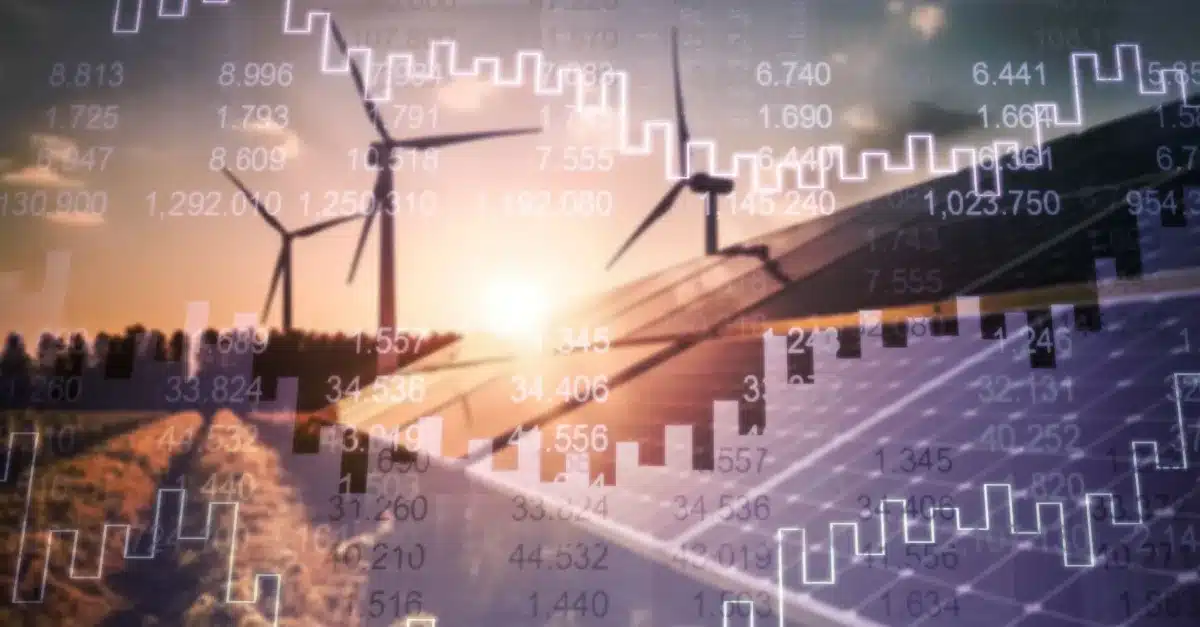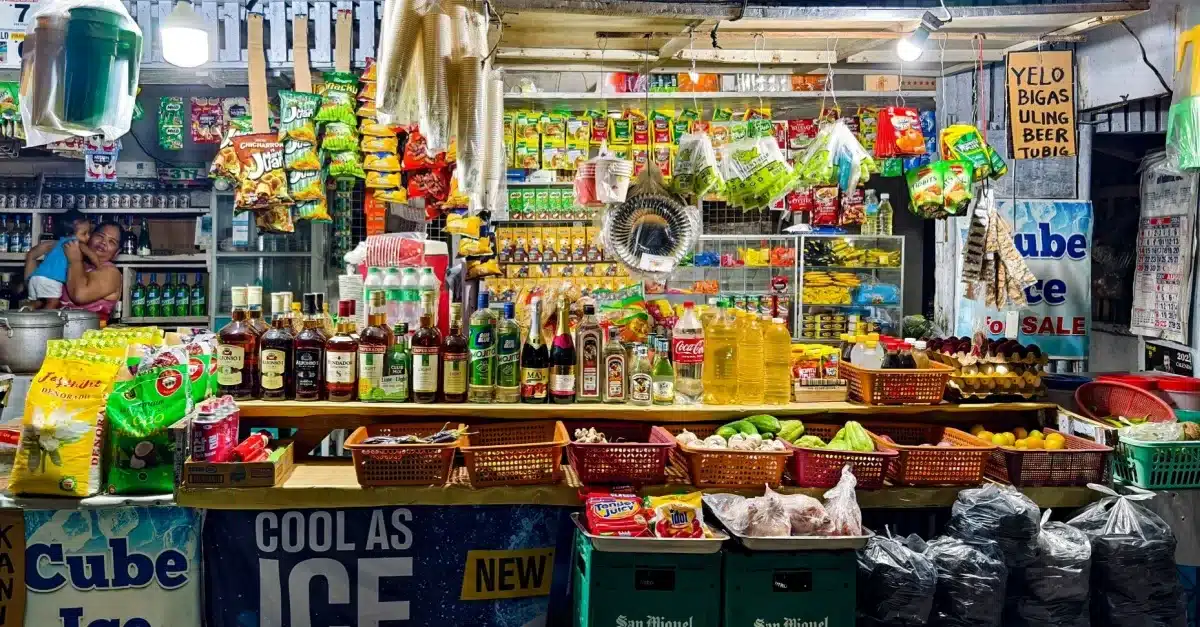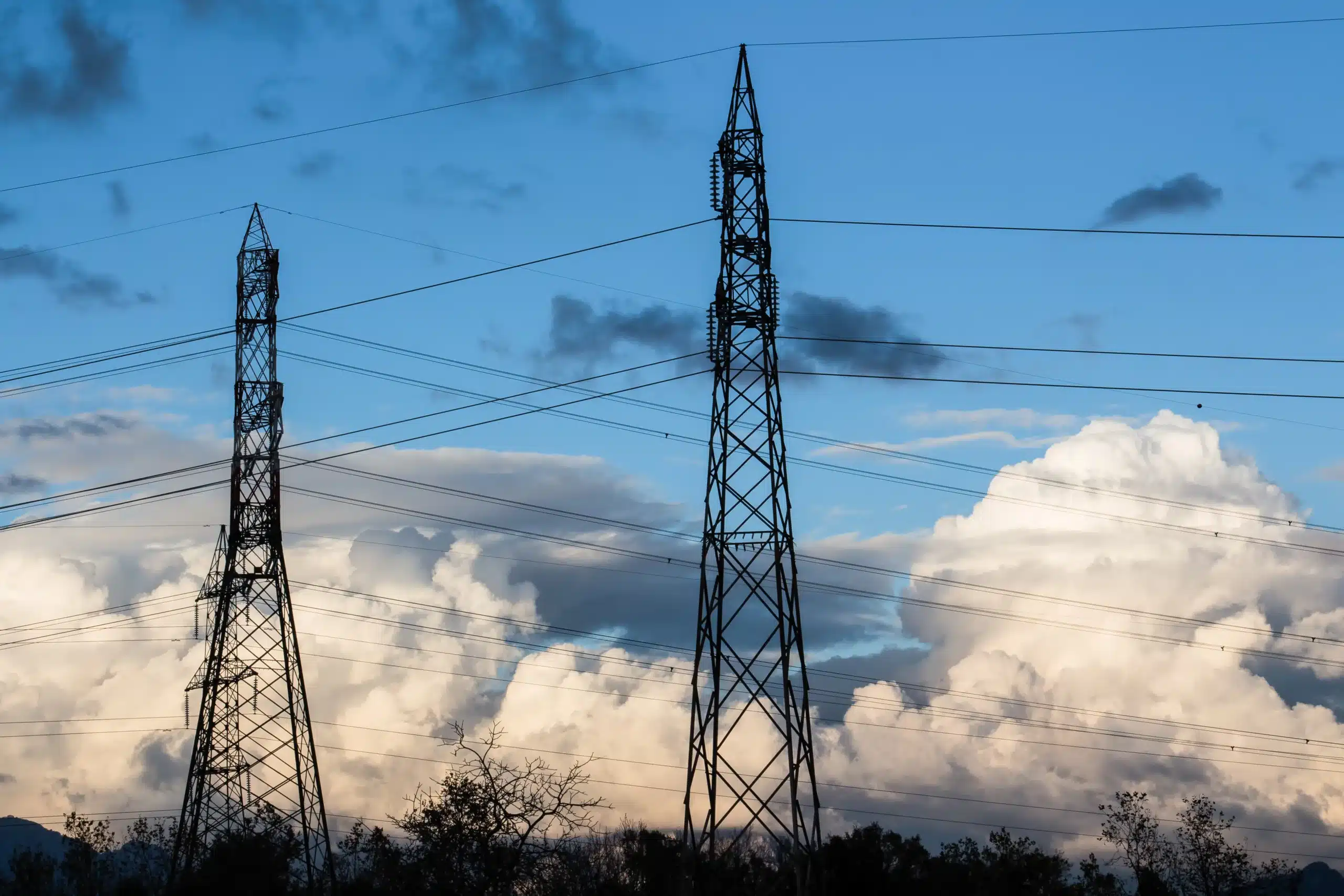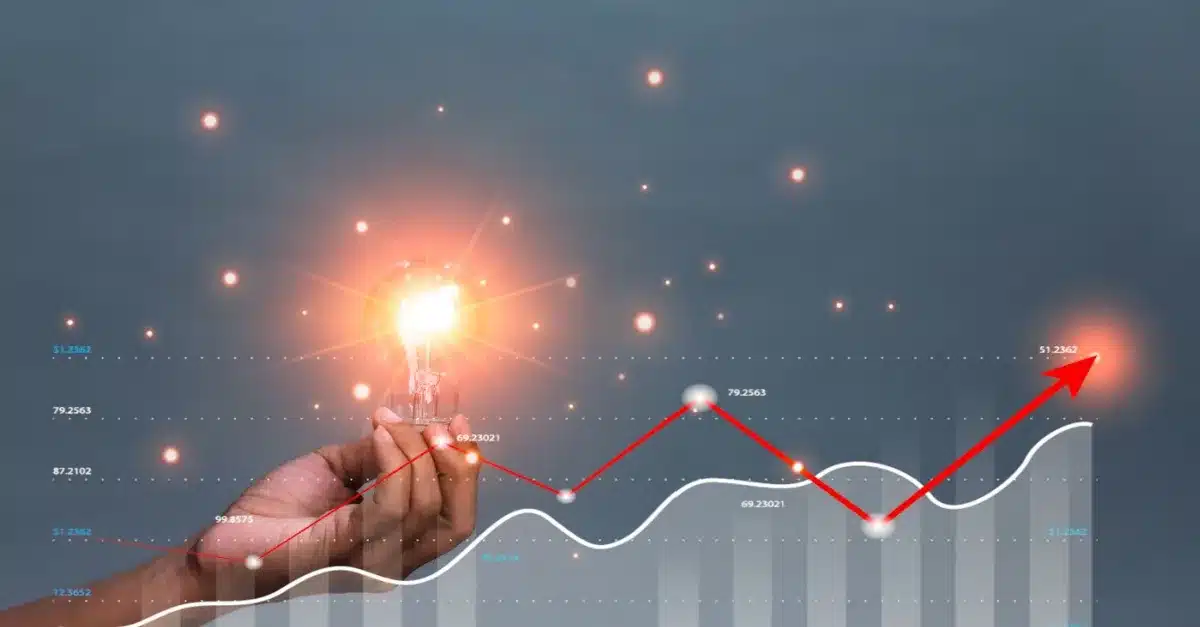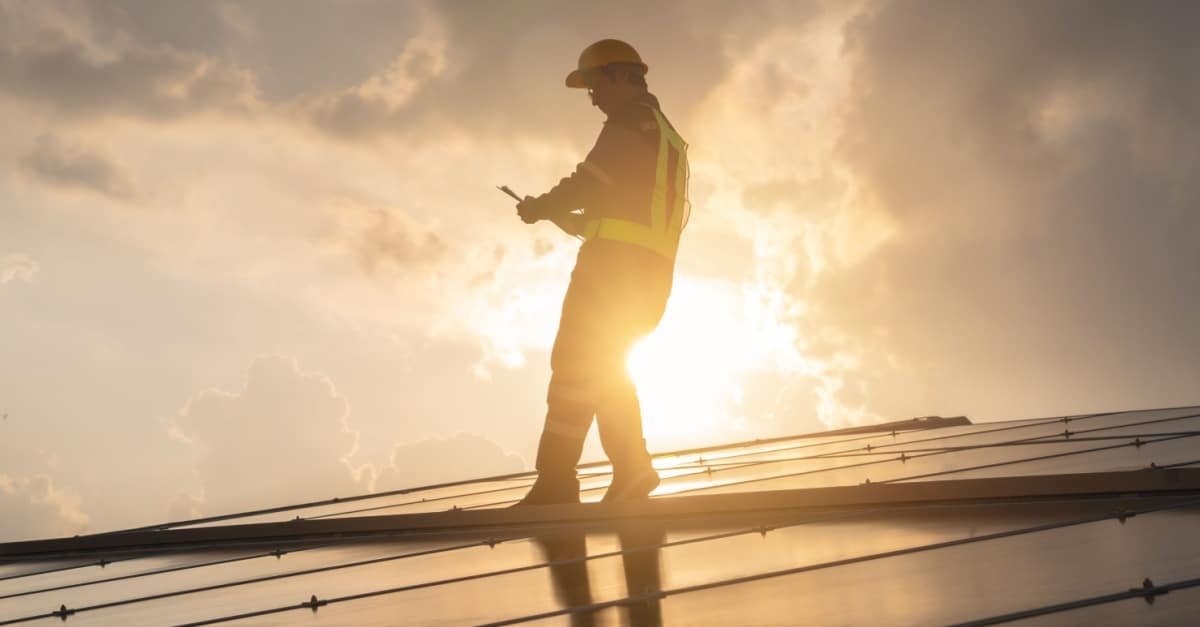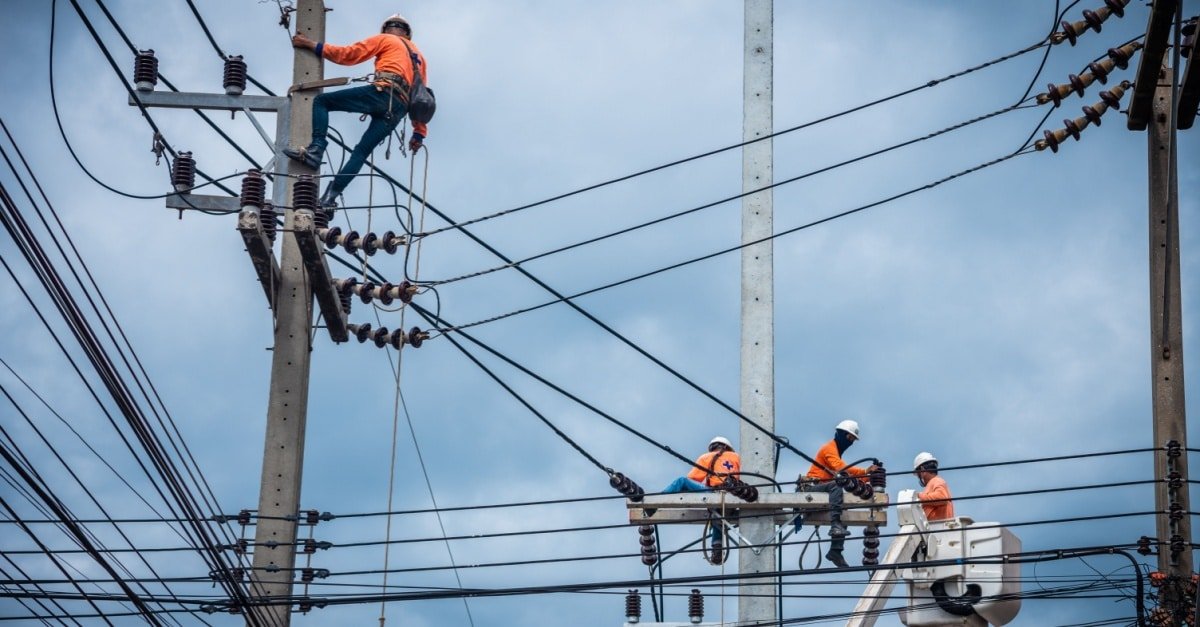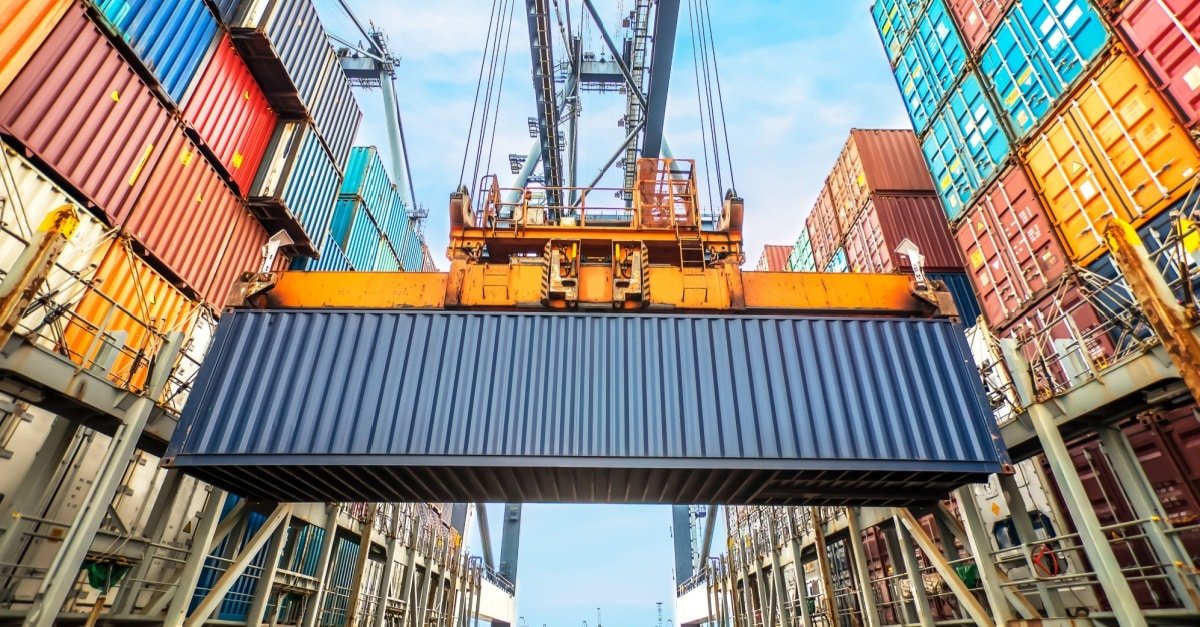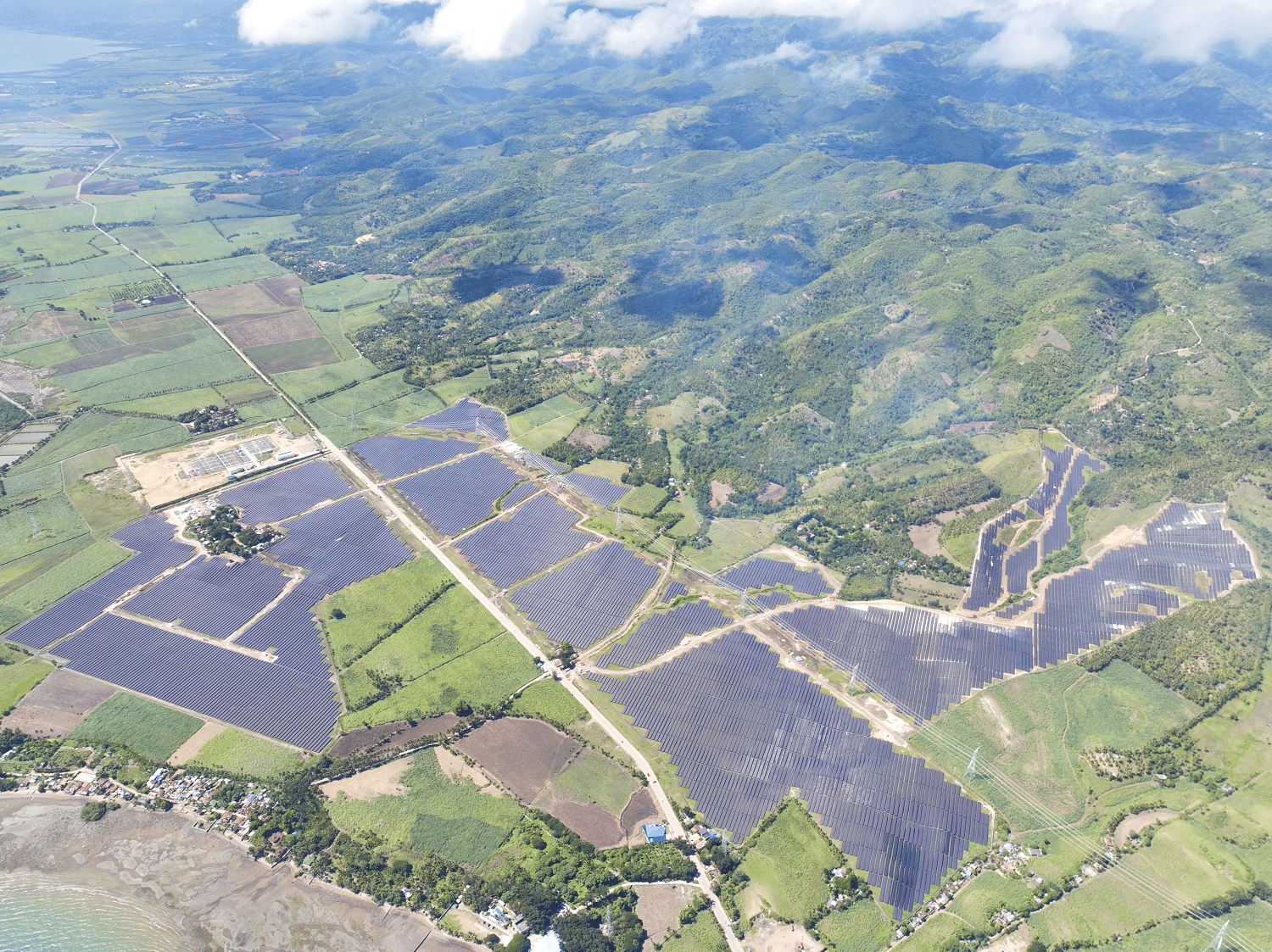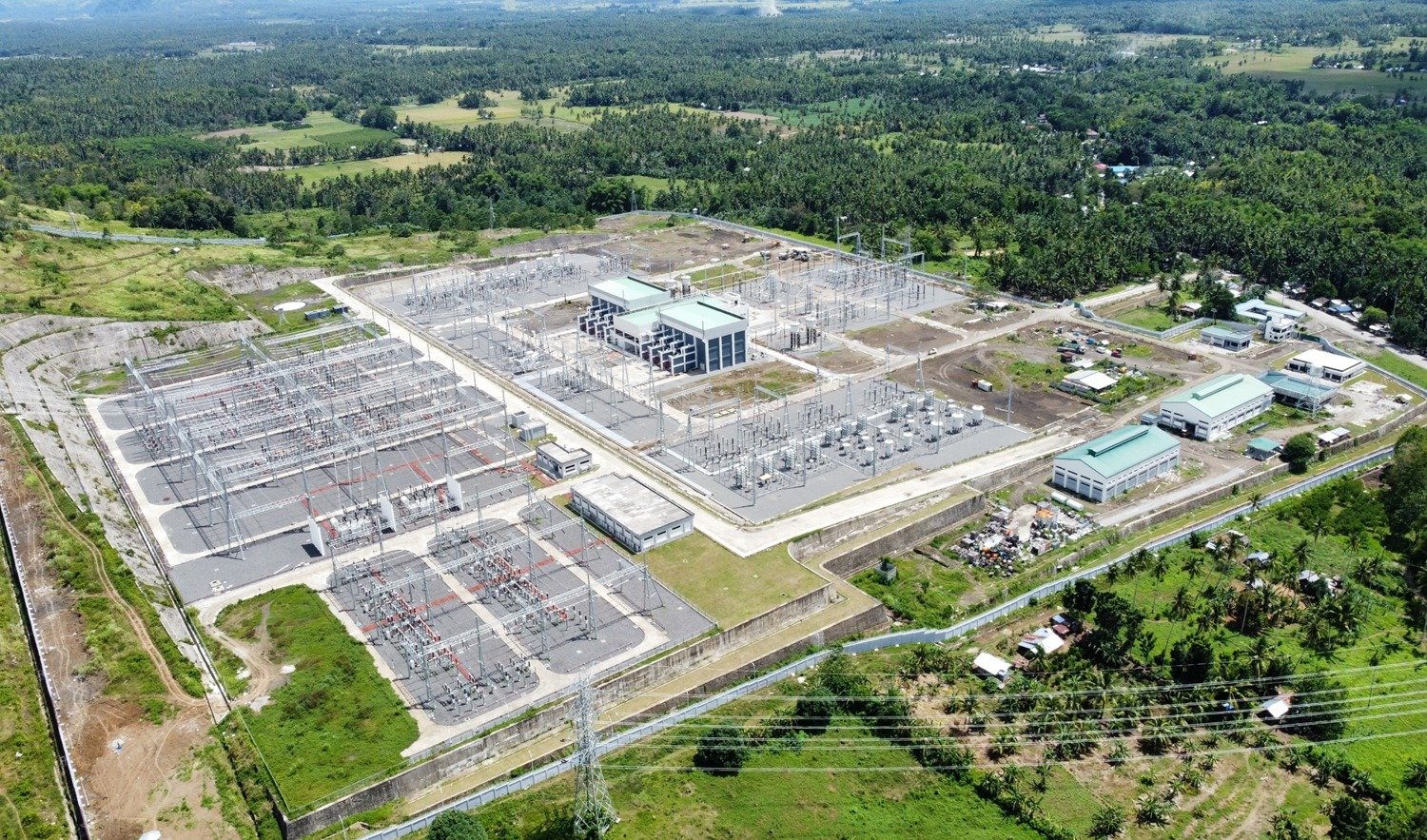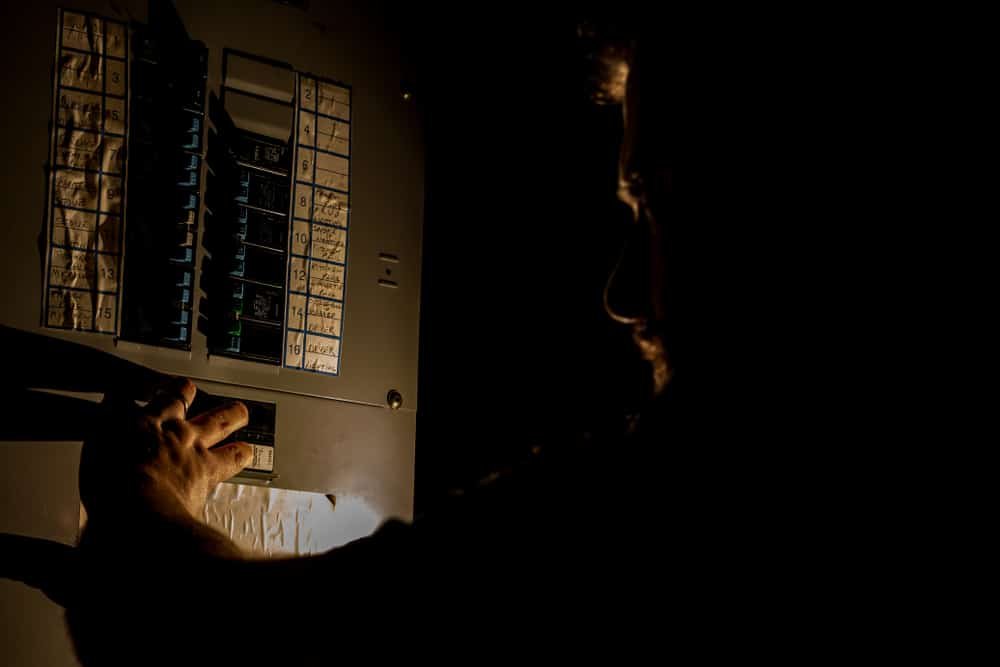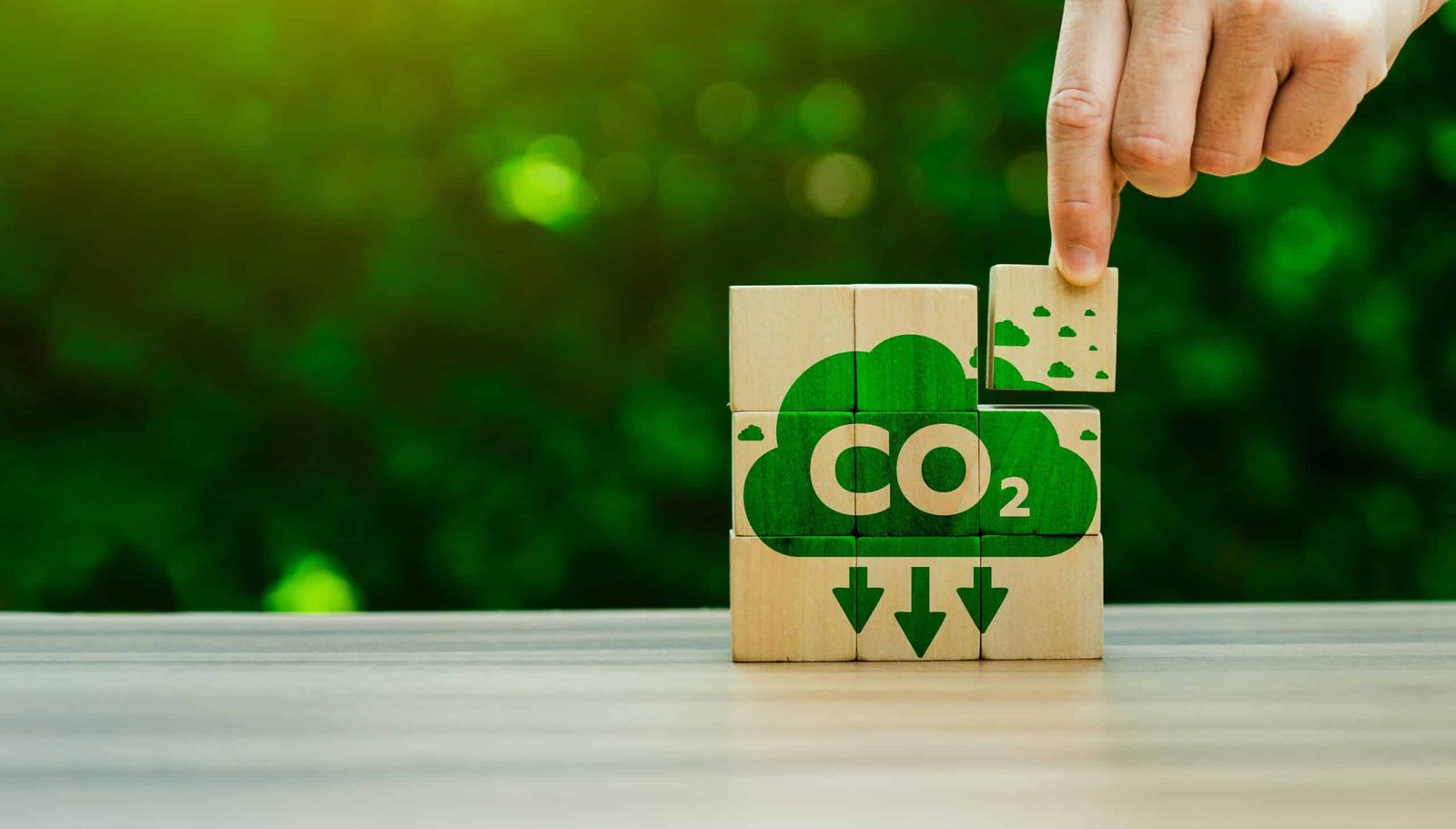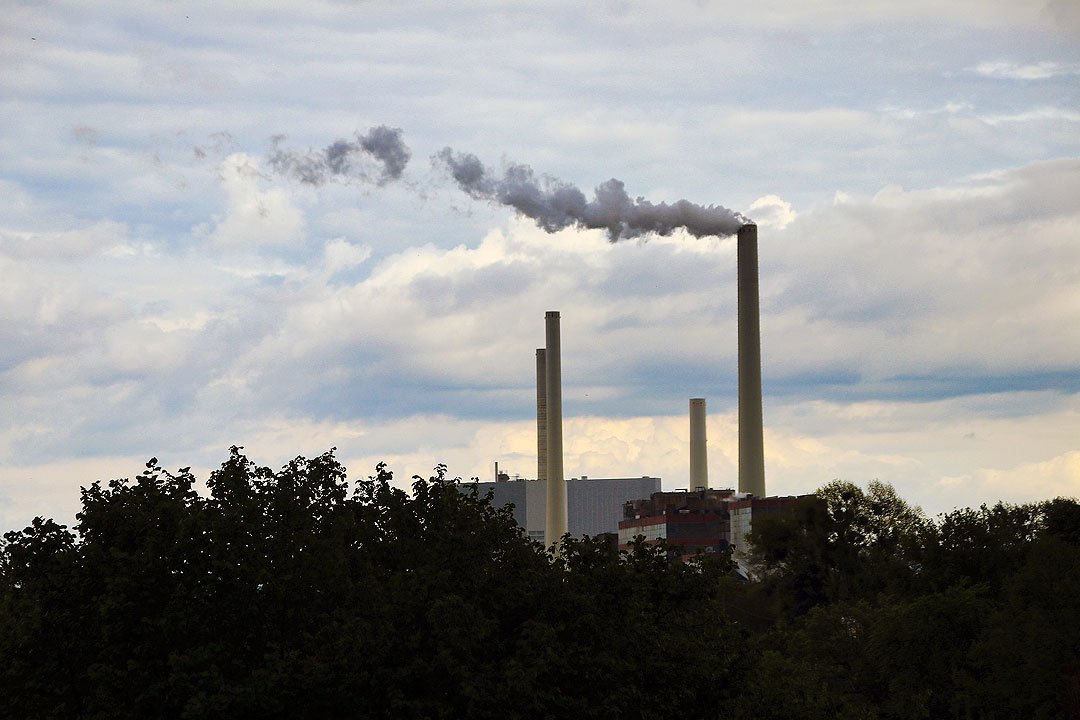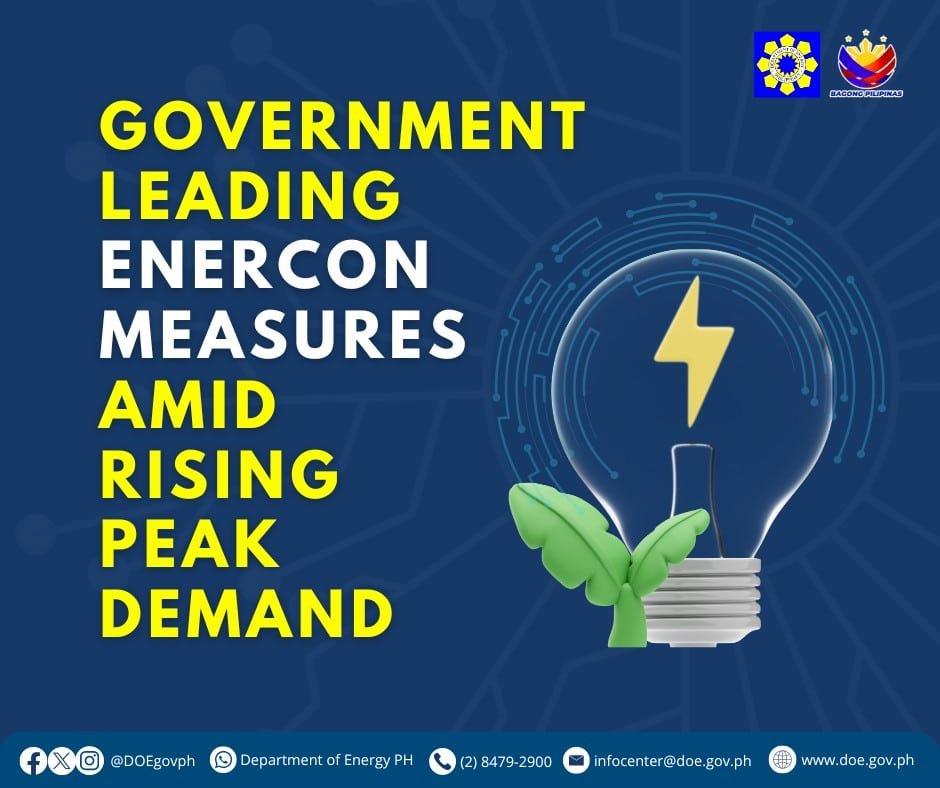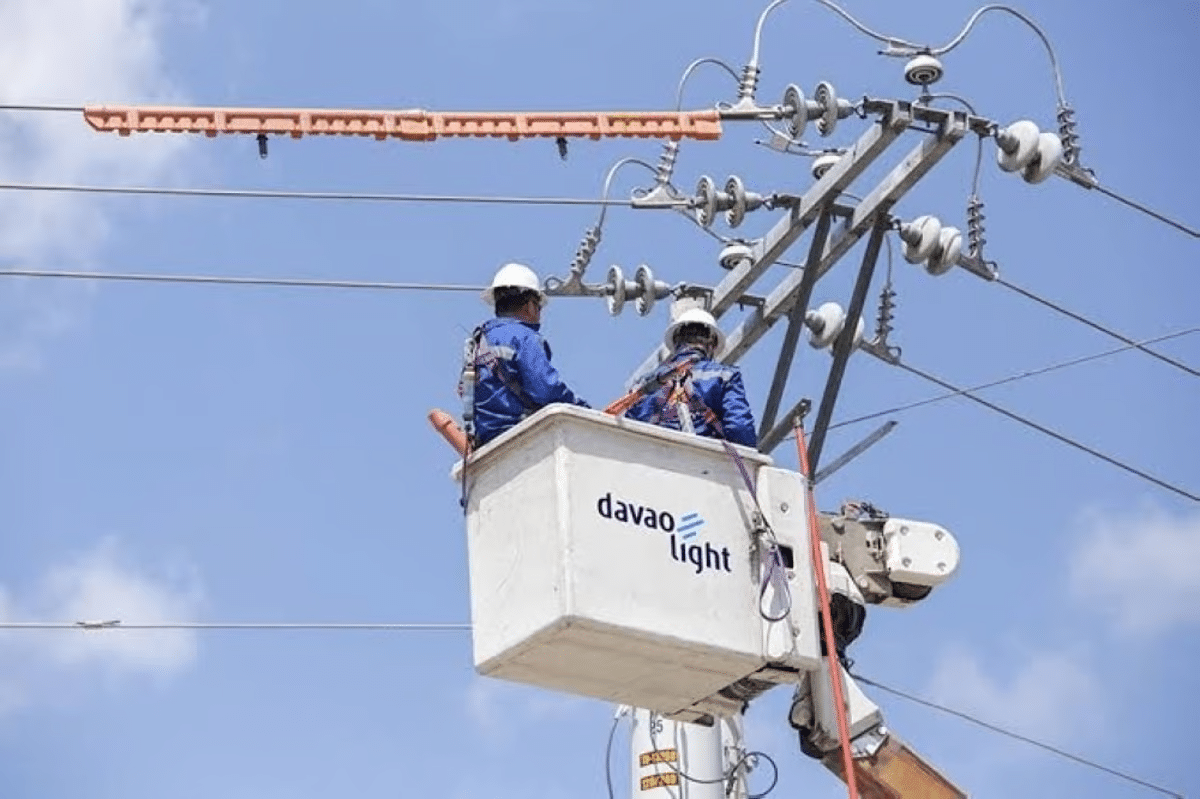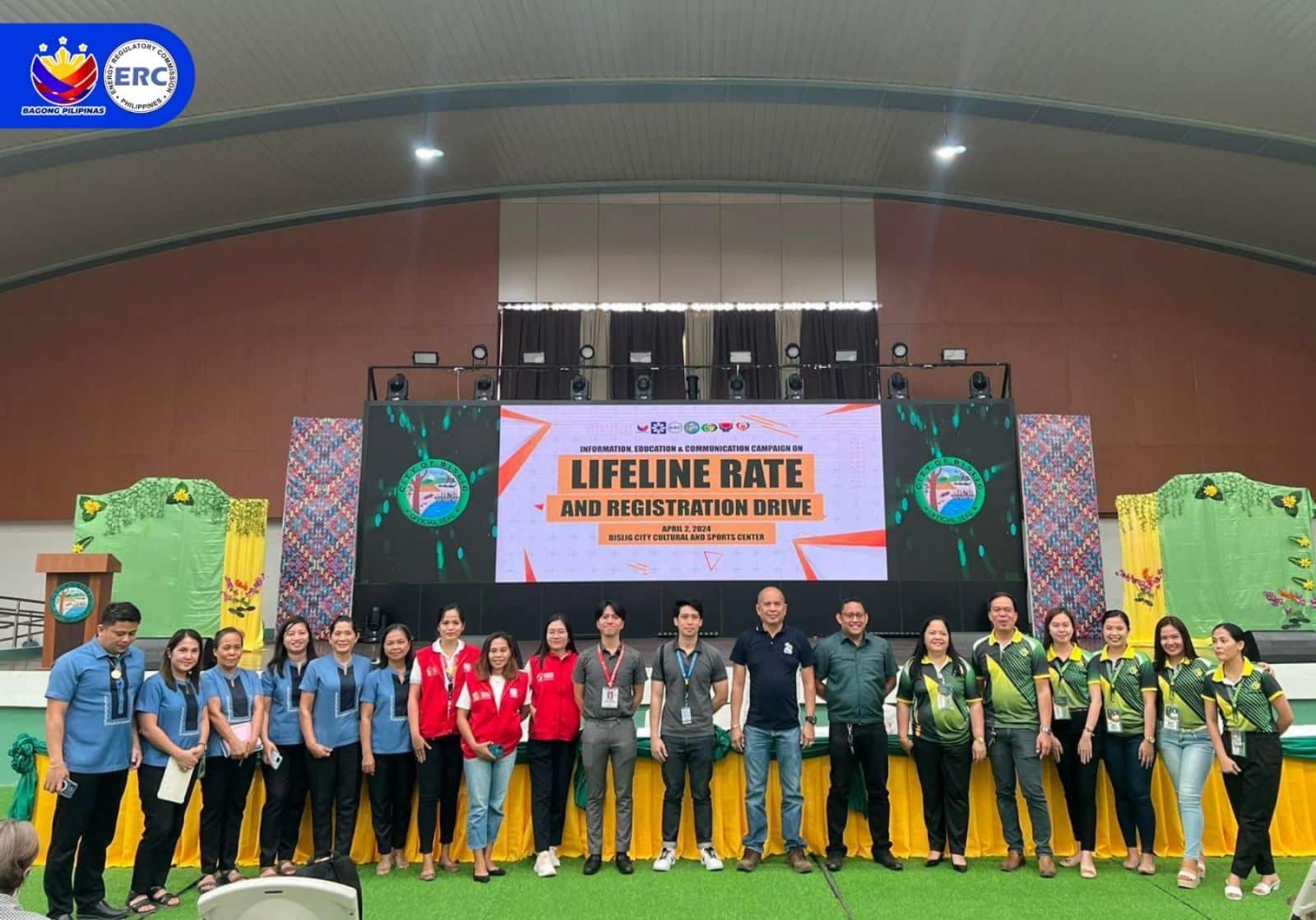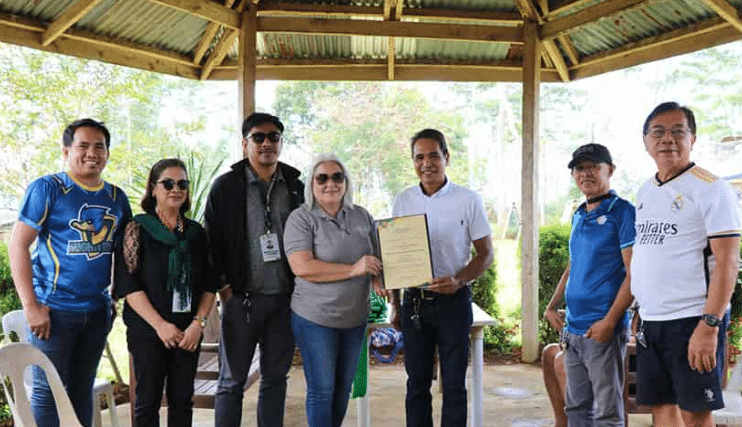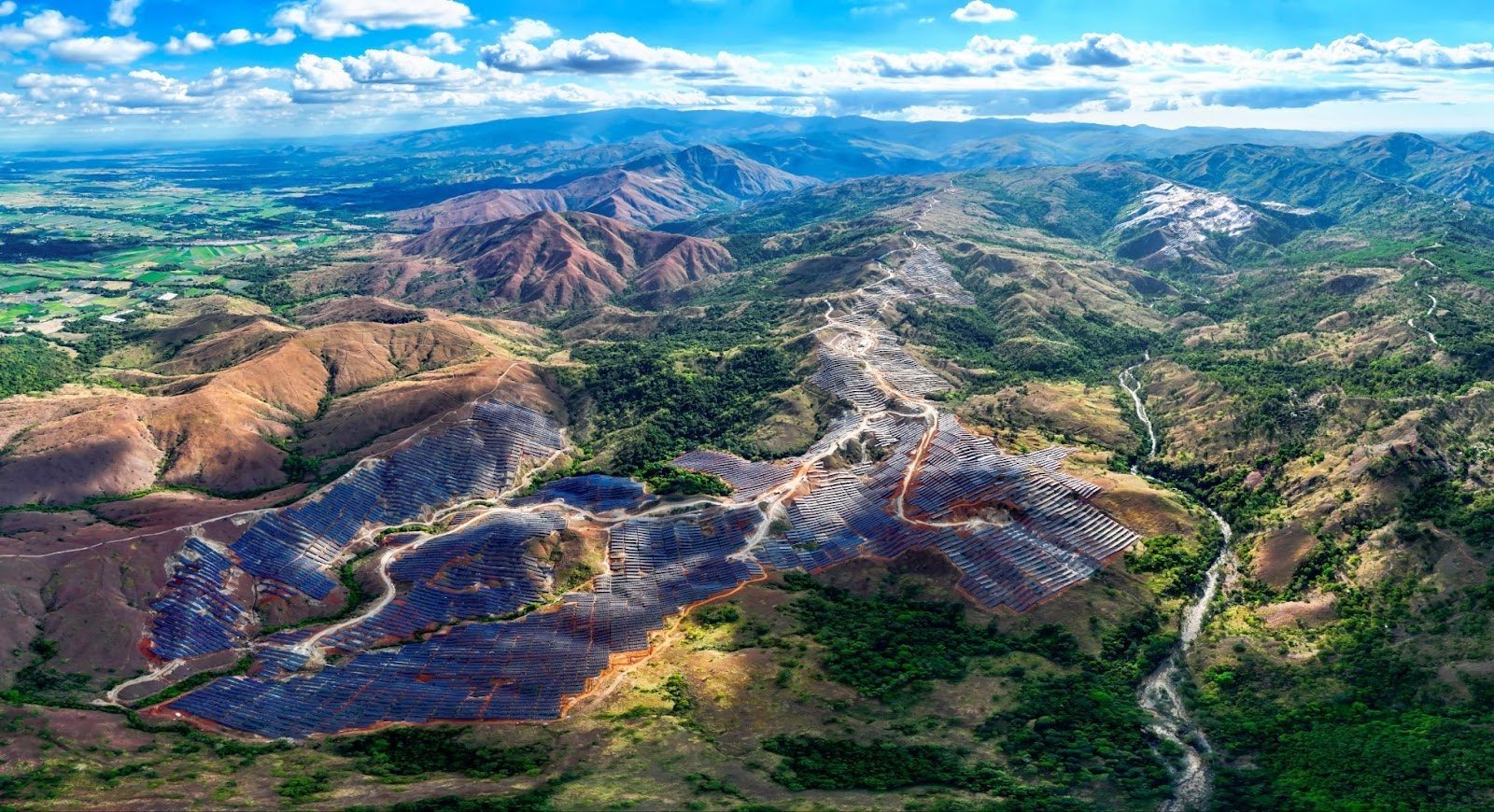
At a recent conference titled “Advancing Energy Security: Fueling Sustainable Progress with Liquefied Natural Gas” held last month at the Asian Institute of Management, Carlos Aboitiz, AboitizPower Chief Corporate Services Officer, highlighted the challenges facing the energy industry of the Philippines. Speaking to key stakeholders in government, private sector, academe, and civil society, Aboitiz said, “In the Philippines, we’re experiencing energy insecurity as evidenced by the many red and yellow alerts. This is the result of demand growing faster than expected, constrained supply growth, and an inadequate transmission and distribution infrastructure.”
Aboitiz pointed out that the current power supply is erratic and unsubsidized, leading to high prices. He emphasized that before full transition to renewable energy sources, the issue of energy security at affordable rates must first be addressed.
To tackle these challenges, Aboitiz proposed a balanced approach. This strategy involves maximizing traditional capacities while integrating emerging technologies, accessing renewable energy, and integrating battery storage systems. He suggested that this “all-options-on-the-table” approach is the best way to provide uninterrupted power while transitioning to sustainable and renewable sources.
During the conference, liquified natural gas (LNG) was identified as a source that can bridge the transition.
“Gas is flexible, able to easily ramp up or down as needed, and therefore is a more cost-efficient alternative for mid-merit energy needs and for some ancillary services. It’s also dispatchable, unlike renewable energy, which means it is there when we need it,” Aboitiz said.
With LNG, power suppliers can diversify from coal, addressing discrete supply risks. Connecting indigenous and varied energy sources to the electricity grid also allows power companies like AboitizPower to “strike a balance between energy security, affordability, and sustainability.”
“Everything we do must first be with the consumer in mind — the Filipino in mind, fundamentally — and with that I think we will be successful in both advancing the human transition and the energy transition,” Aboitiz said.
While the adoption of LNG is in line with the national government’s goal of transitioning to 35% renewable energy-65% fossil fuel by 2030, Aboitiz cautioned, “It’s also really important to understand that, while we’re focused on LNG today, not one technology is going to solve all these problems to achieve all those objectives. So we have to look at it within the context of a larger energy mix and specific country context.”
References:
“All-options-on-the-table” action needed for energy security (aboitizpower.com)

